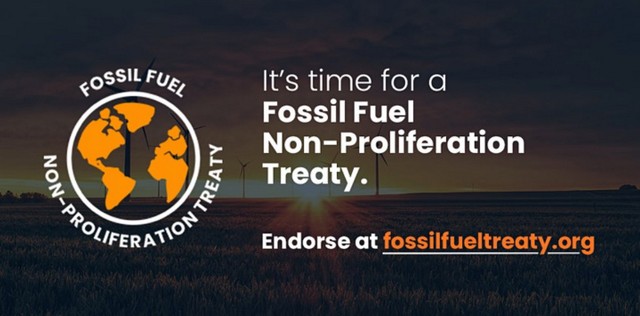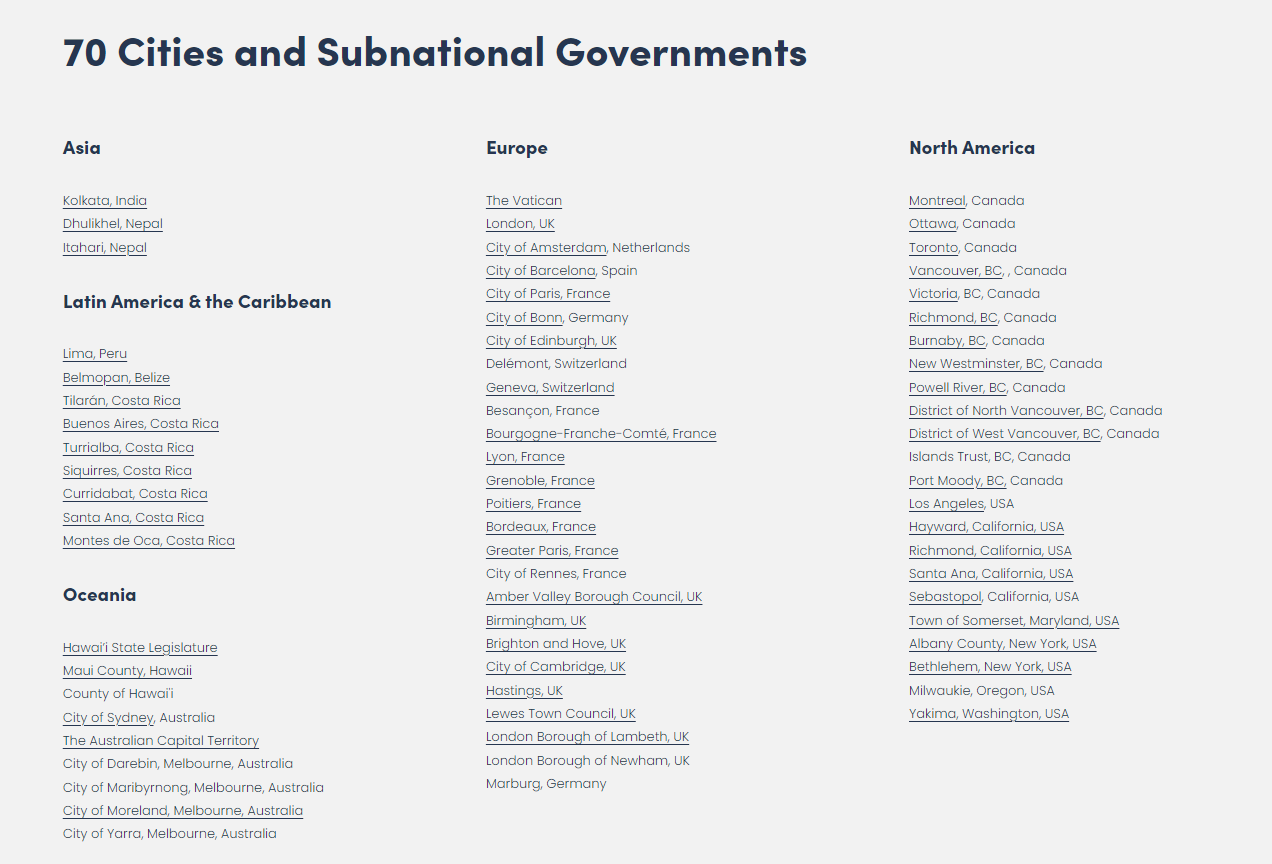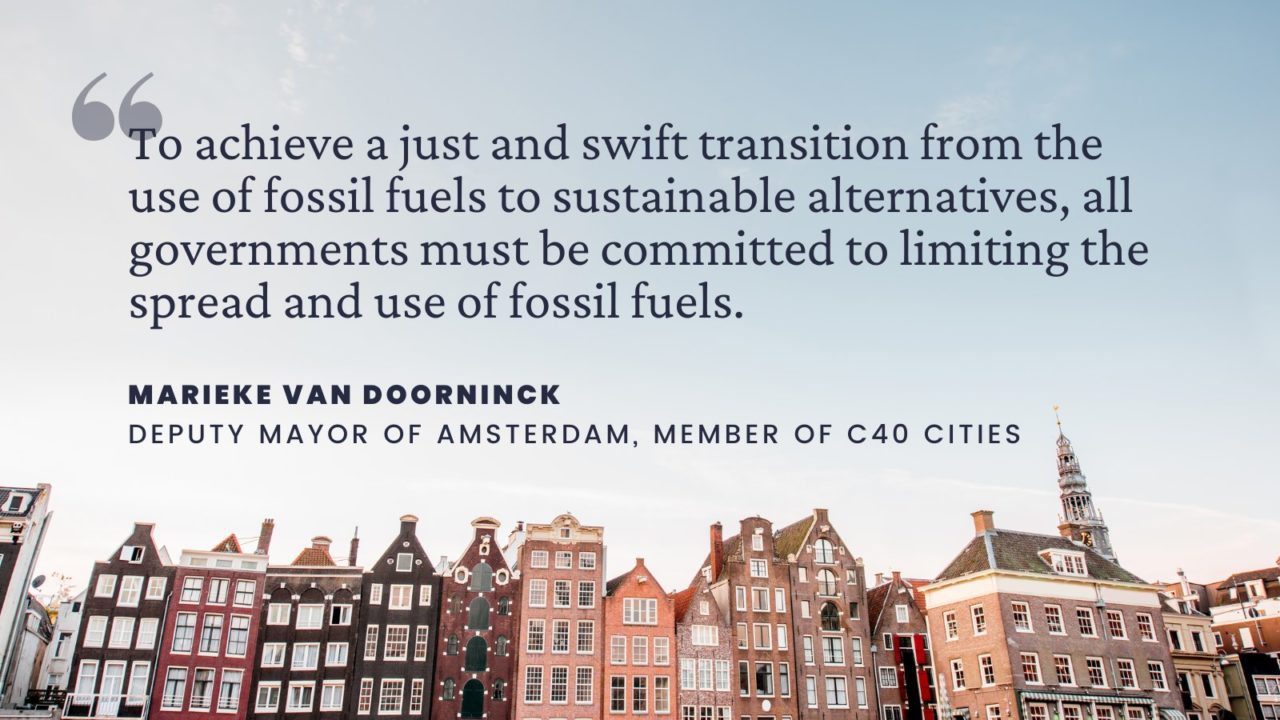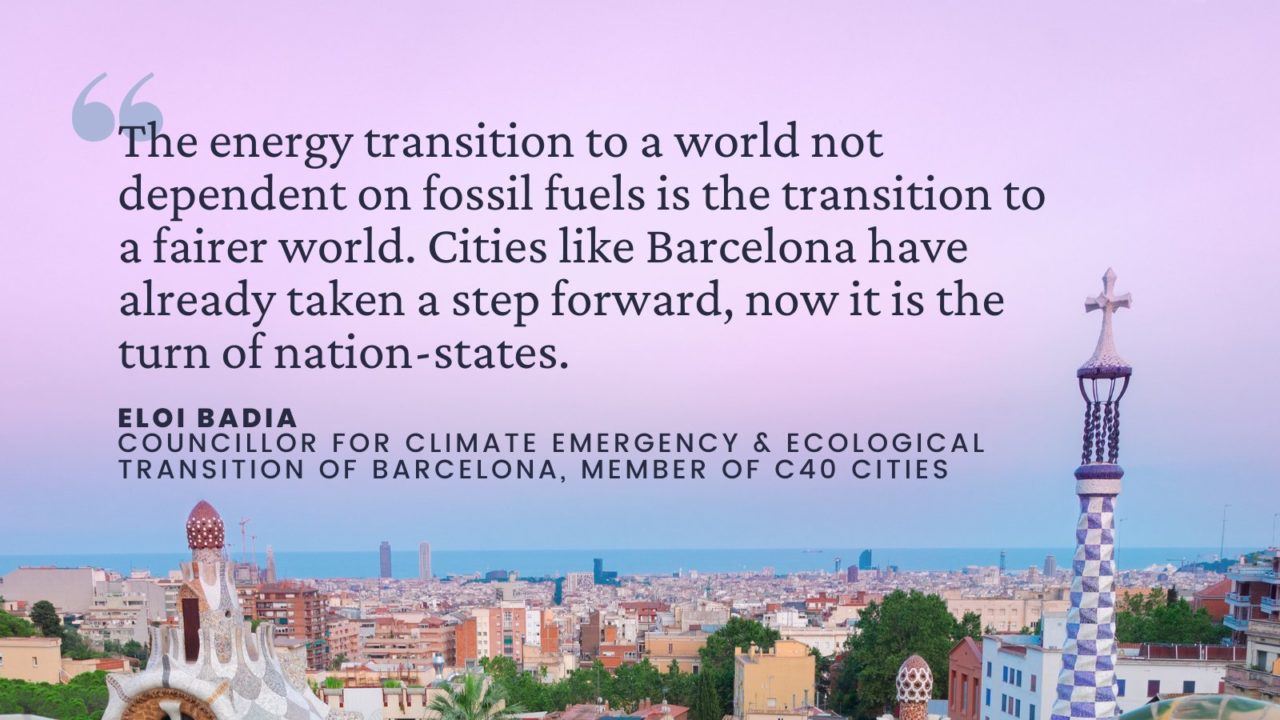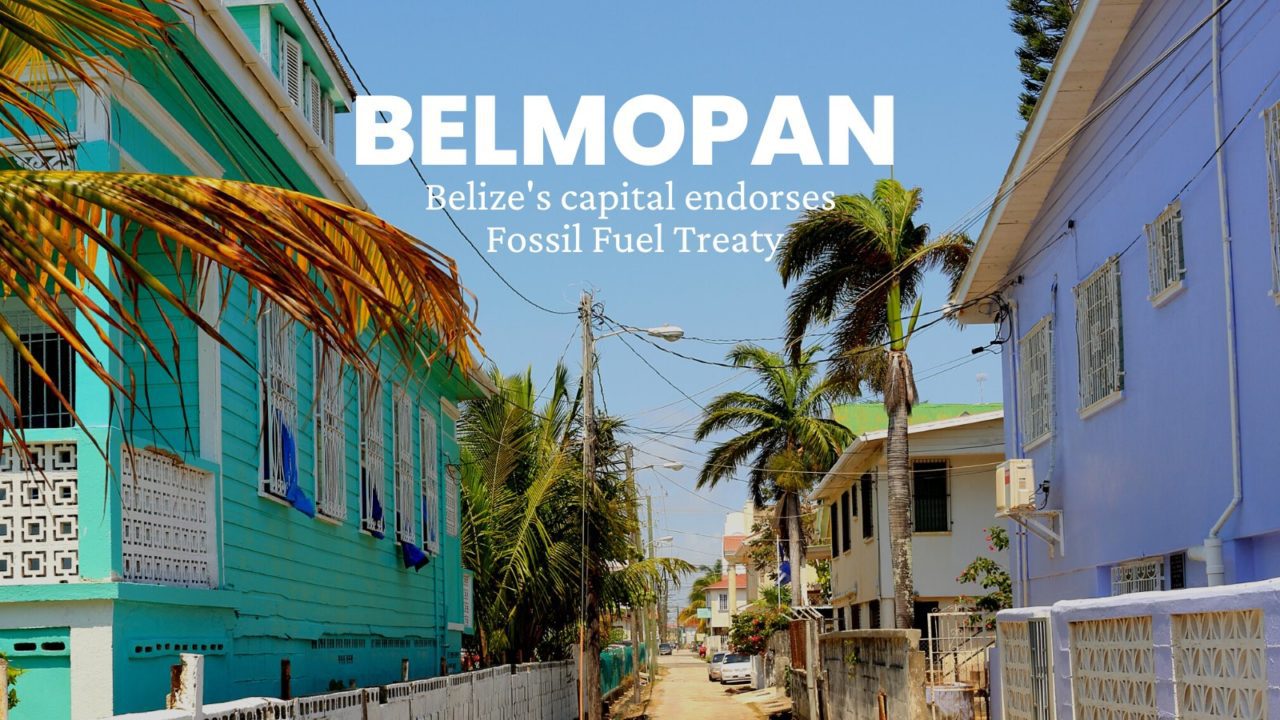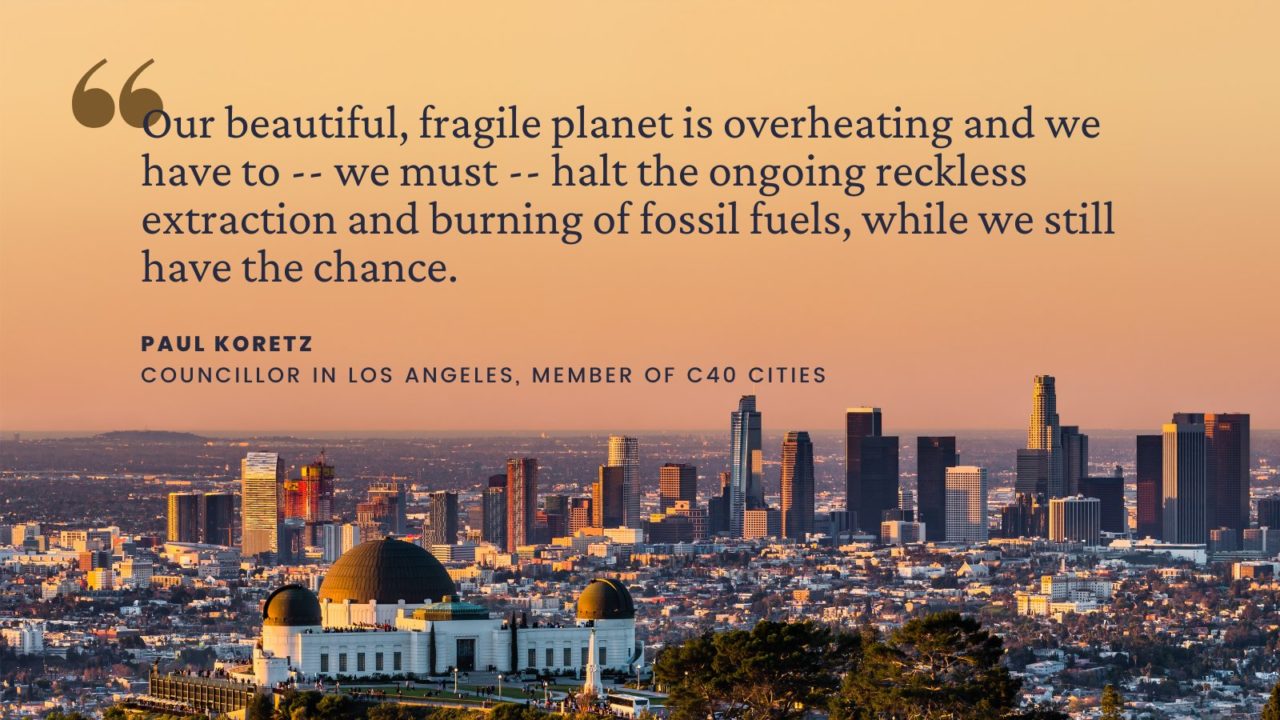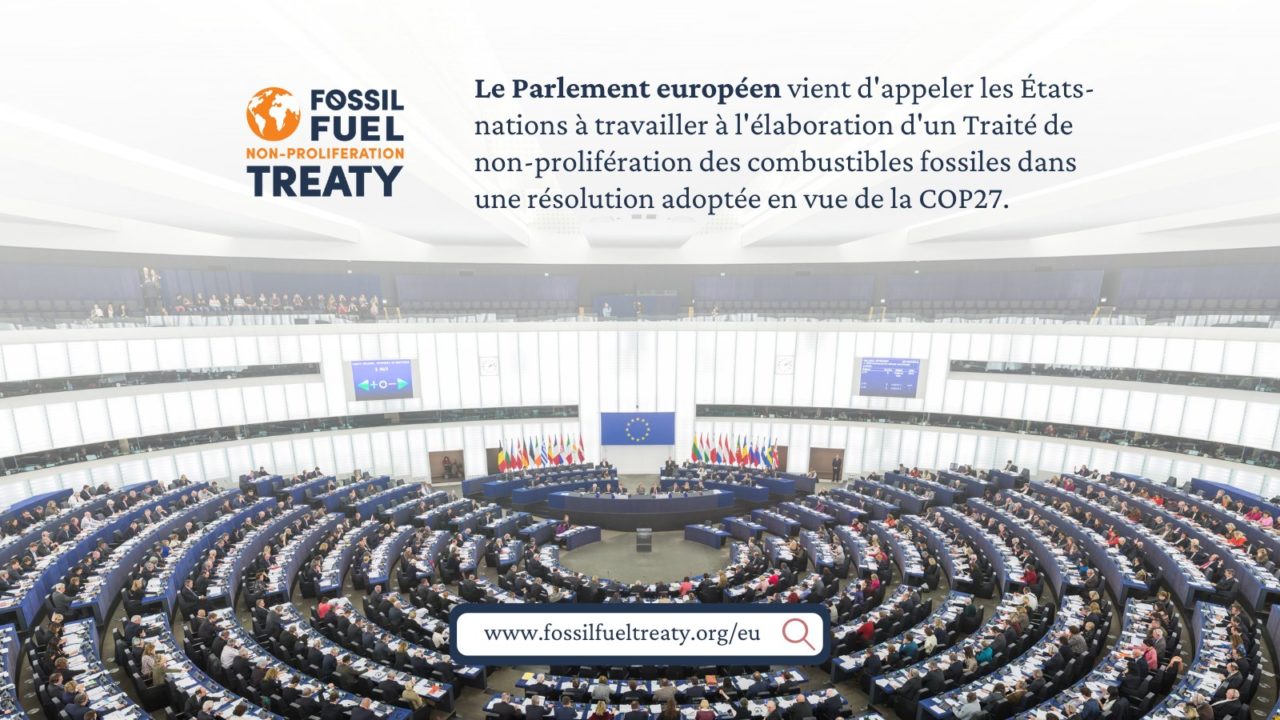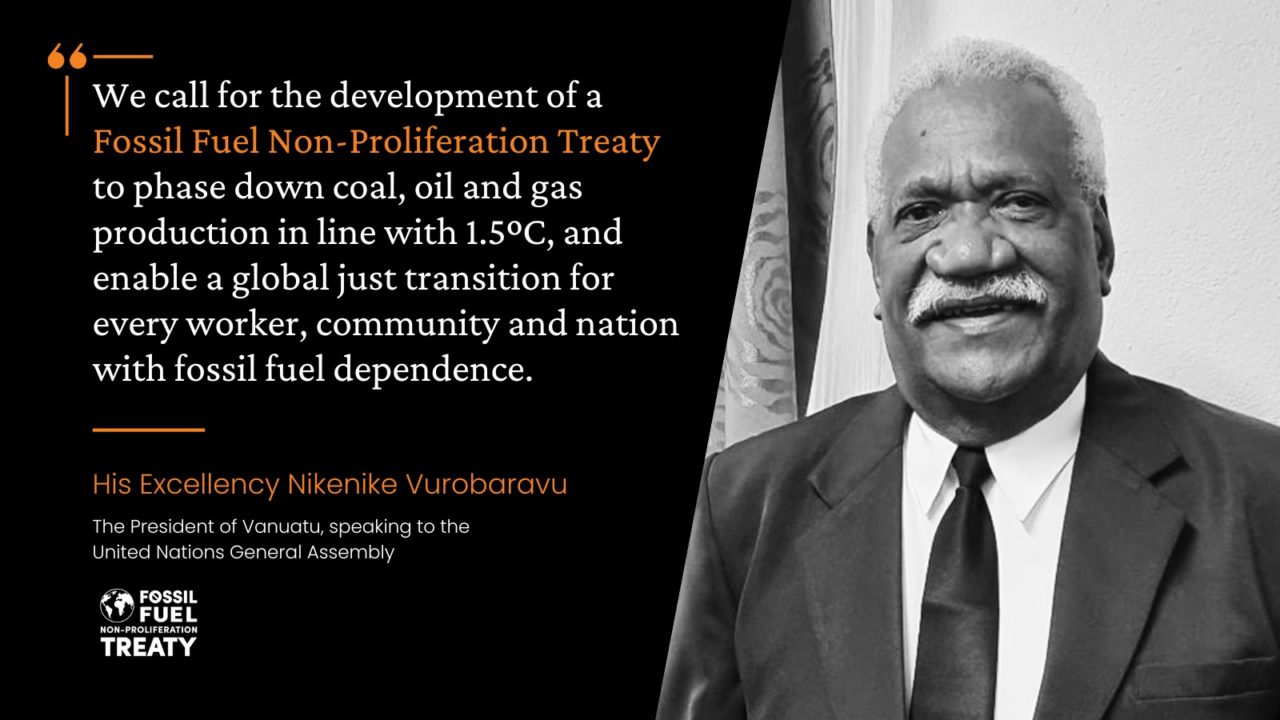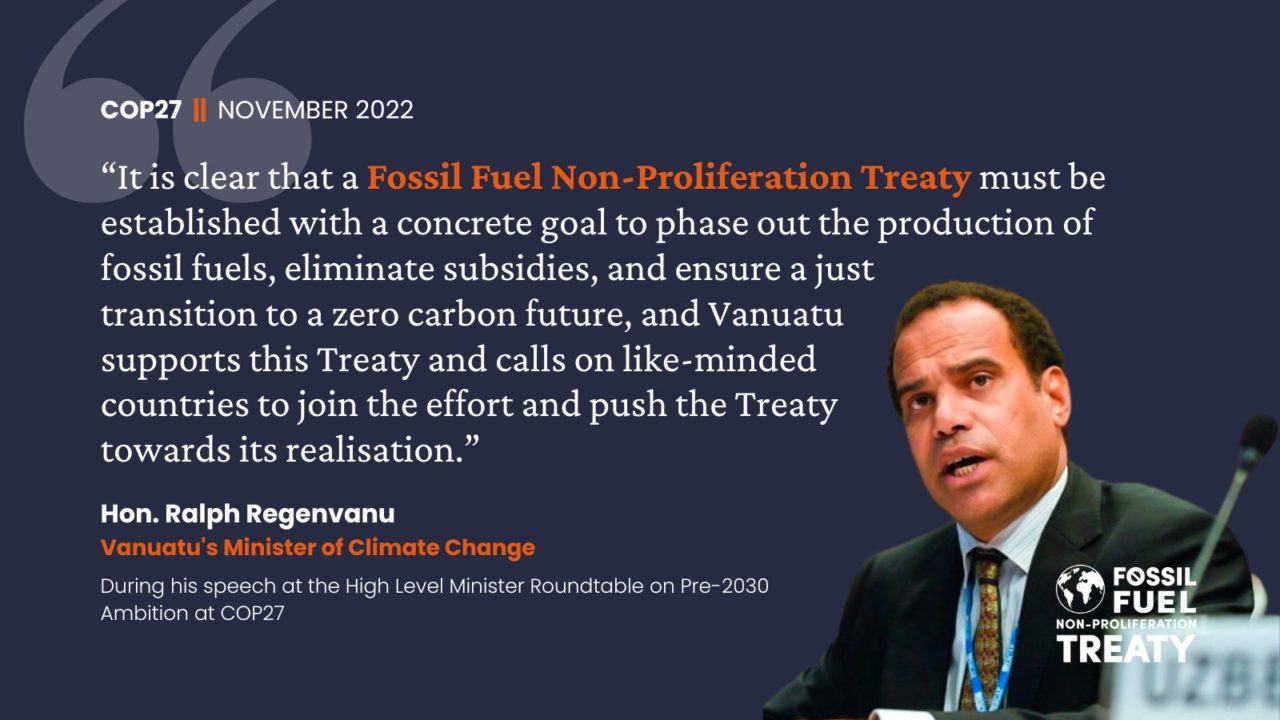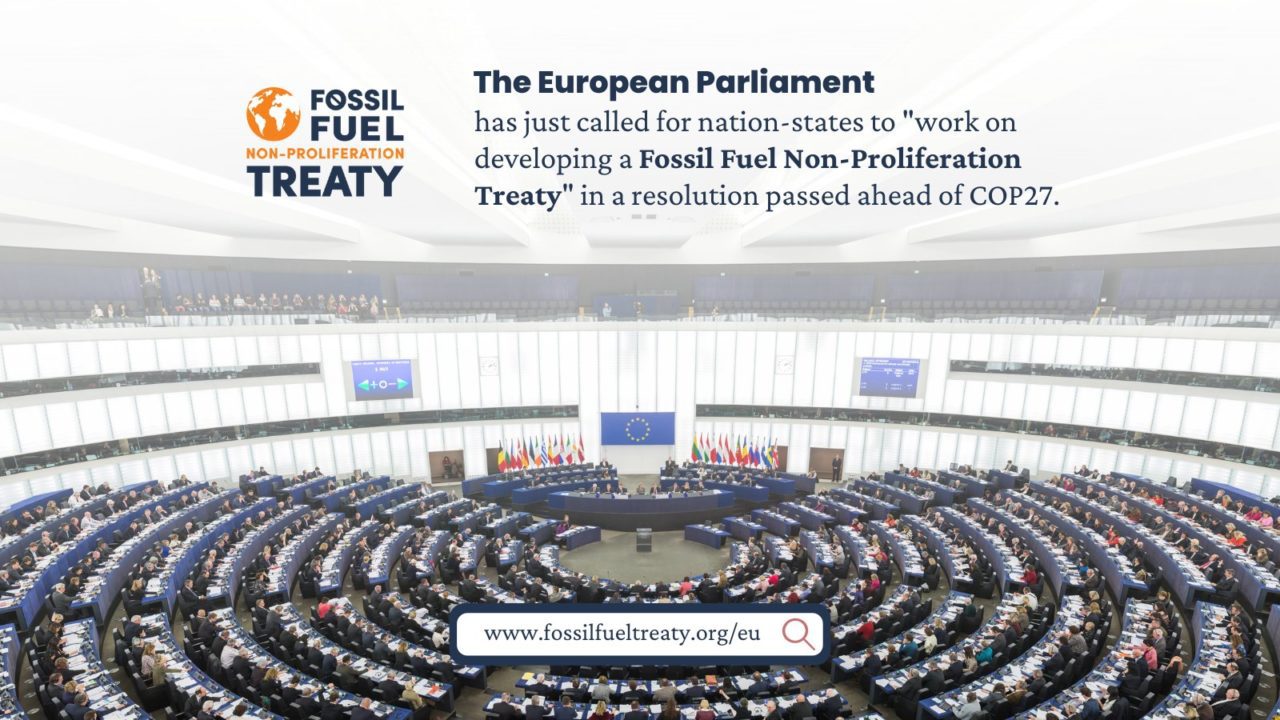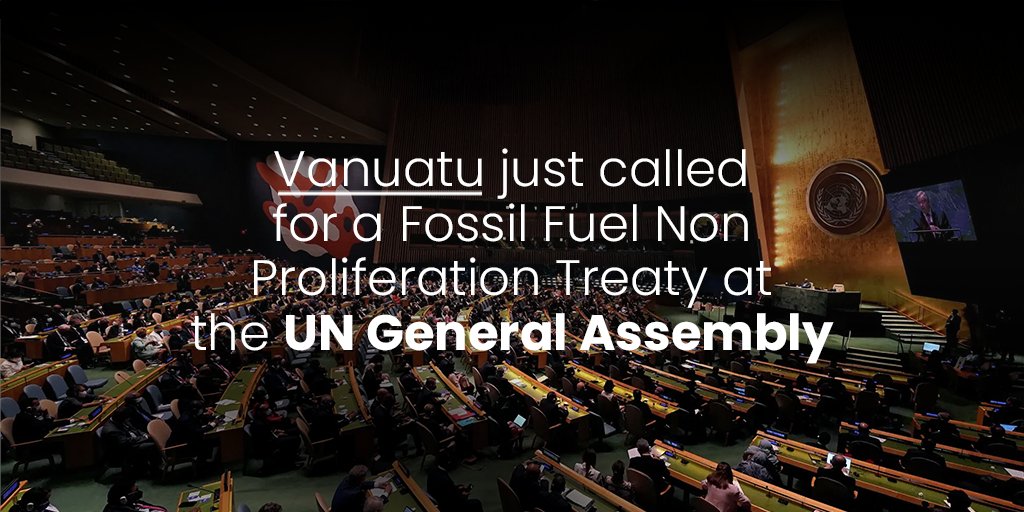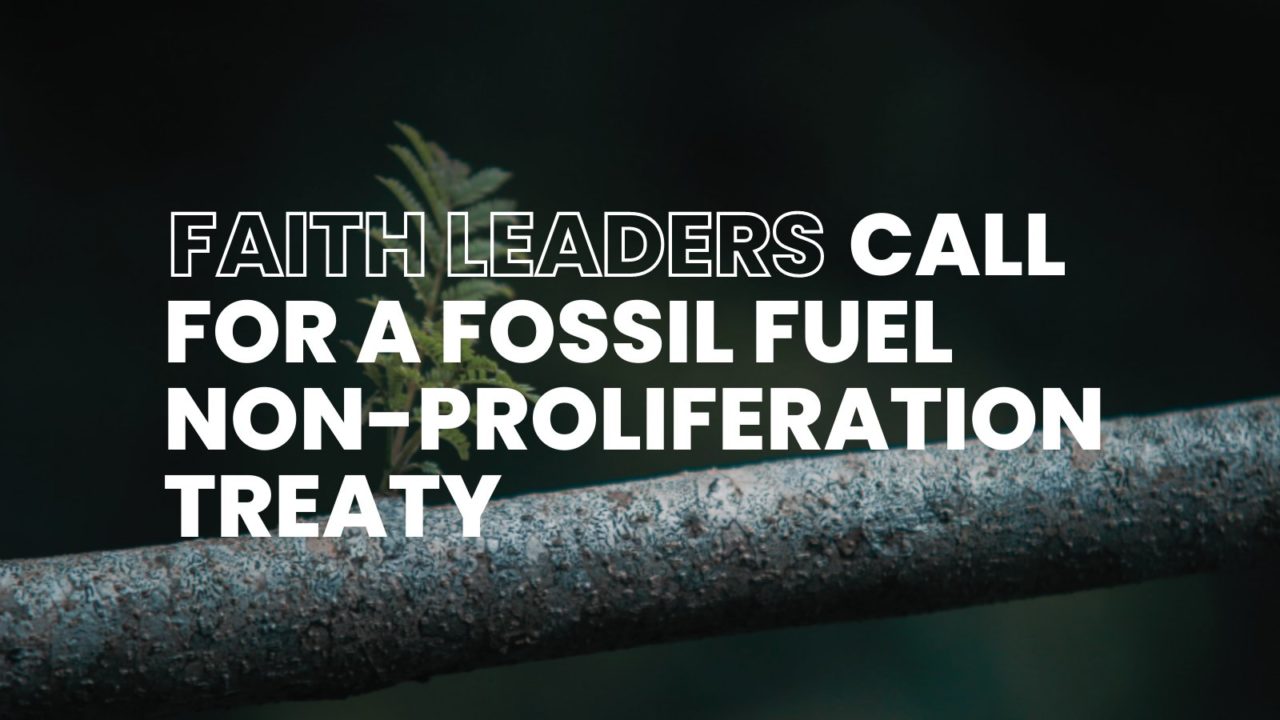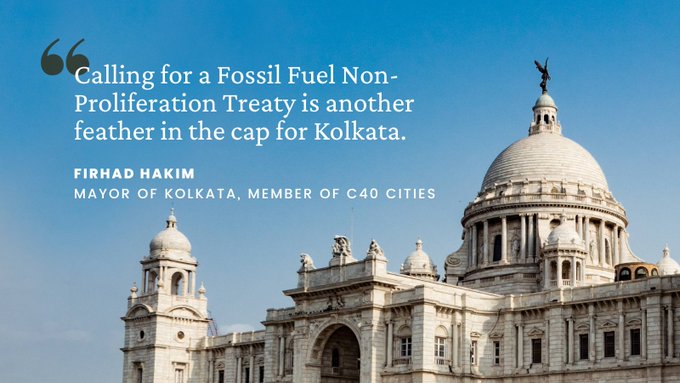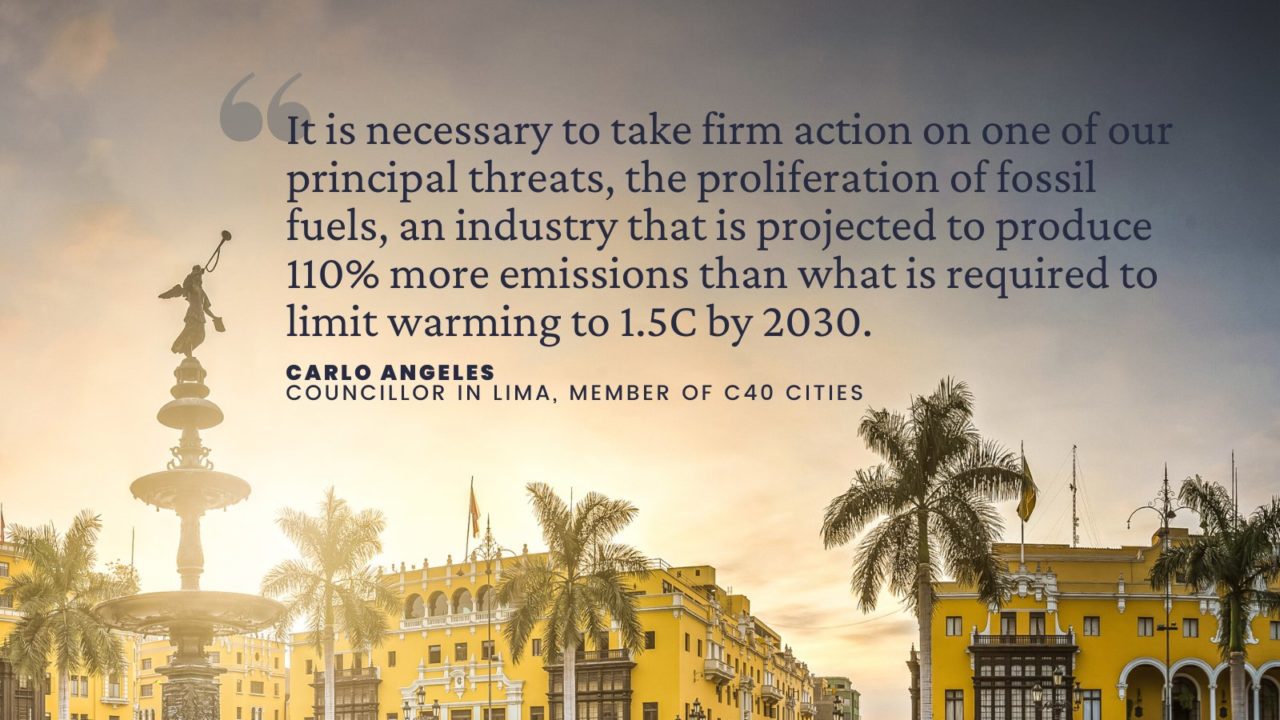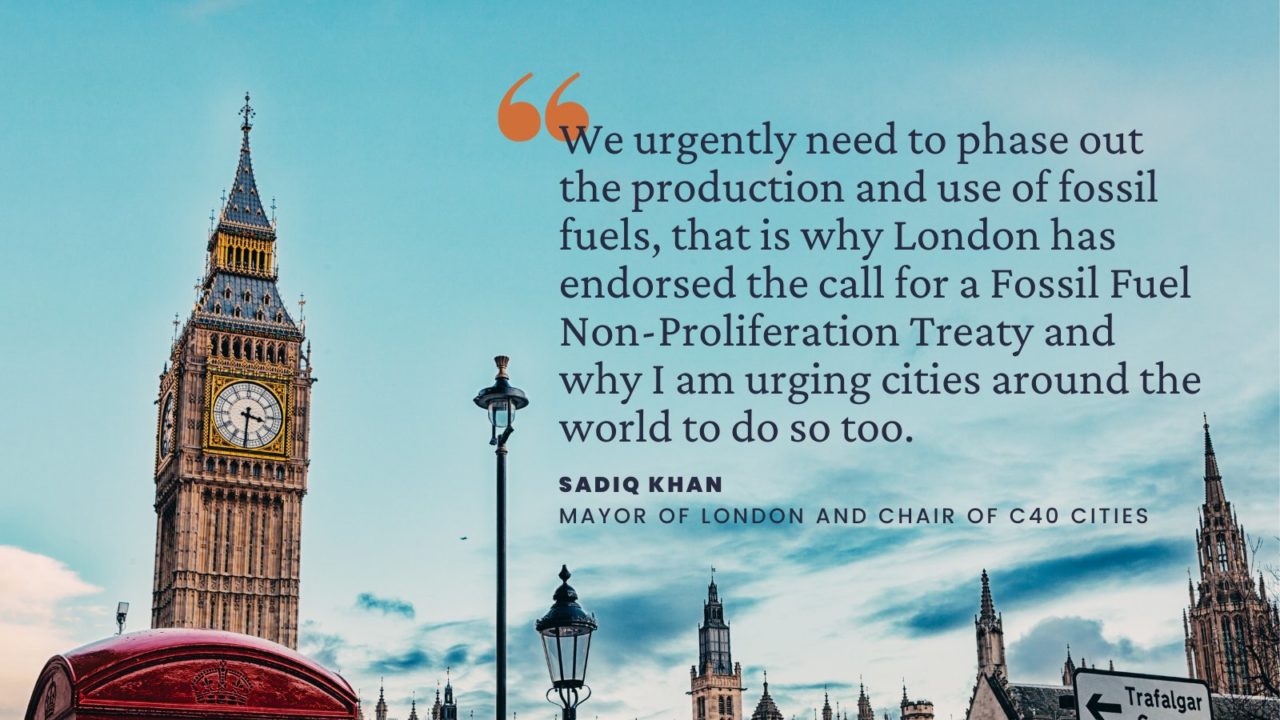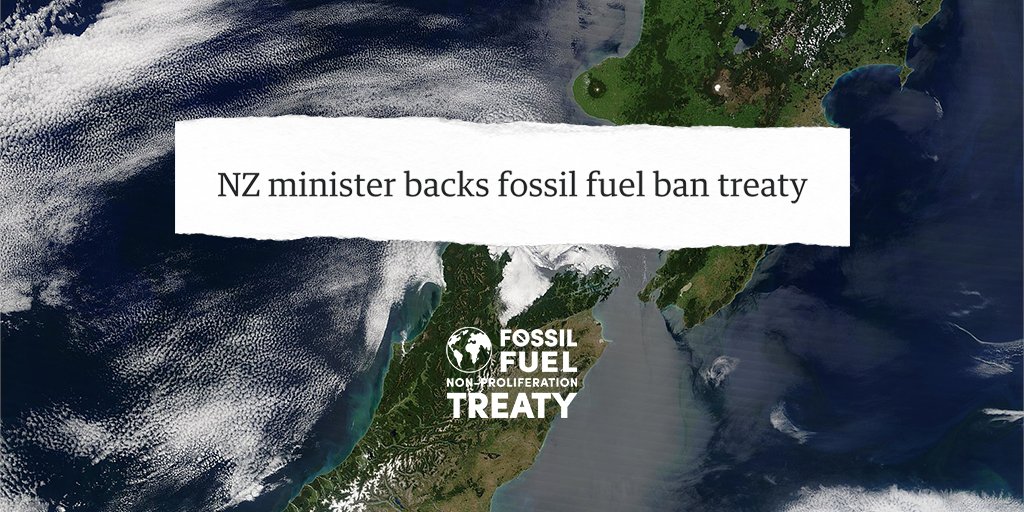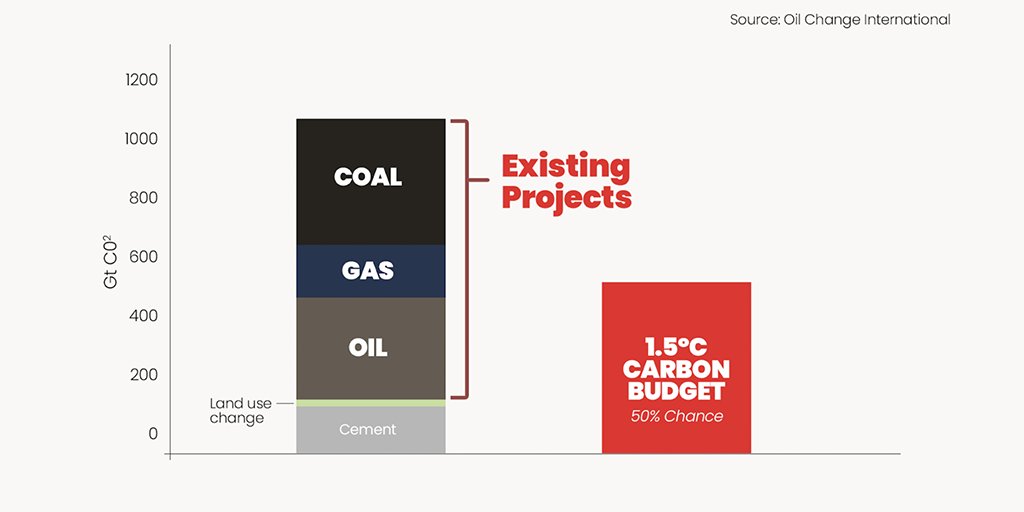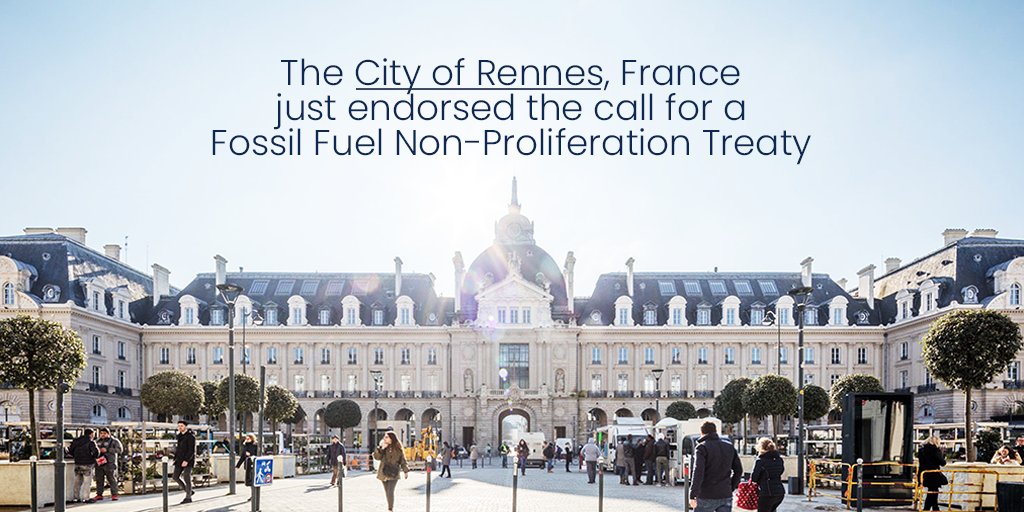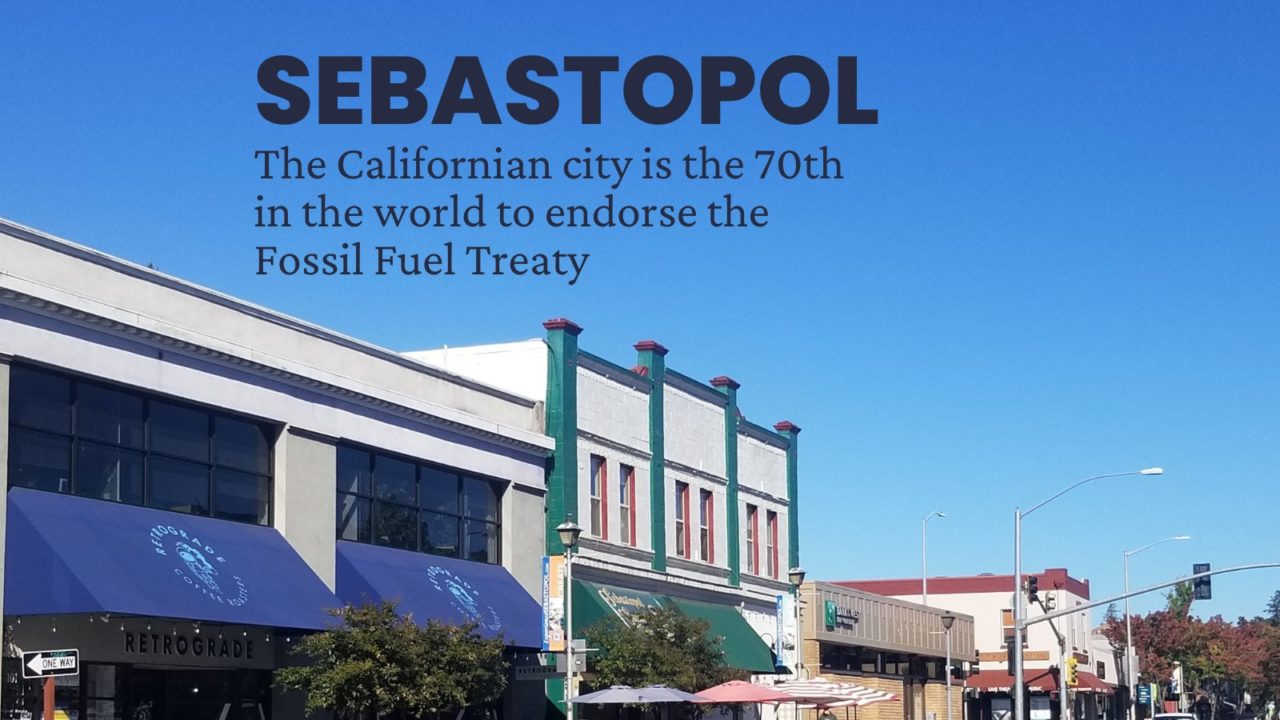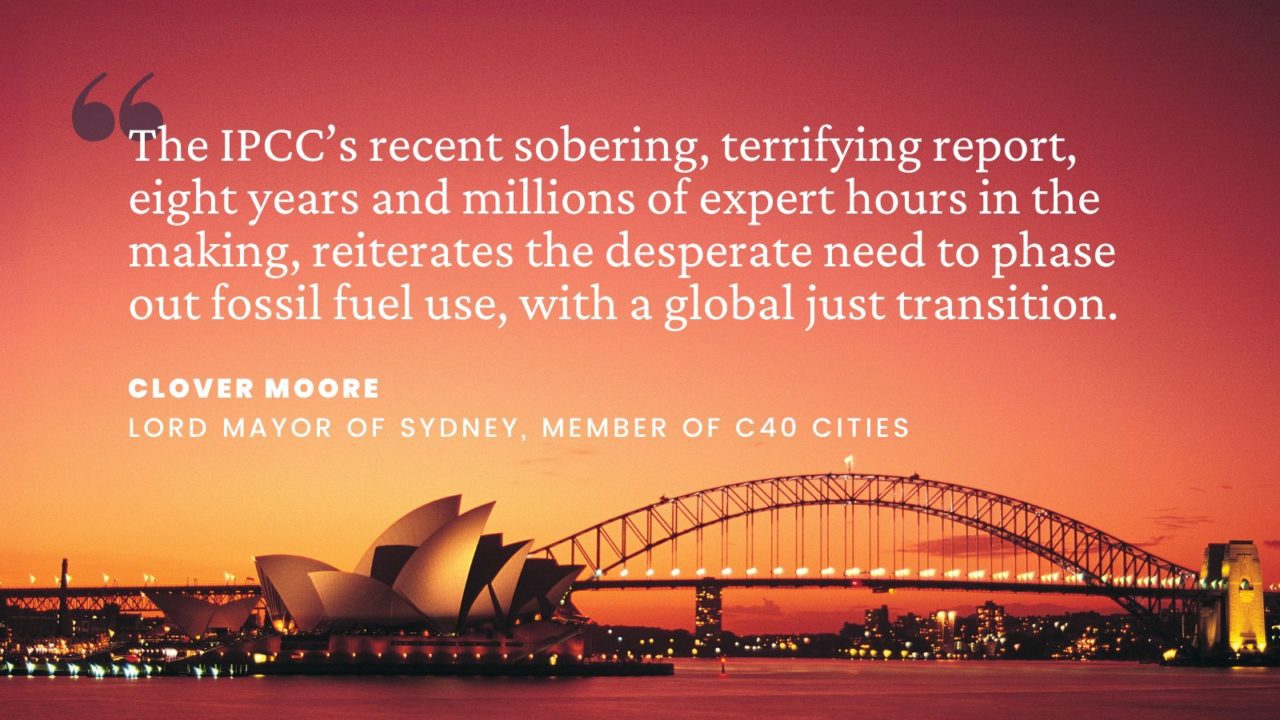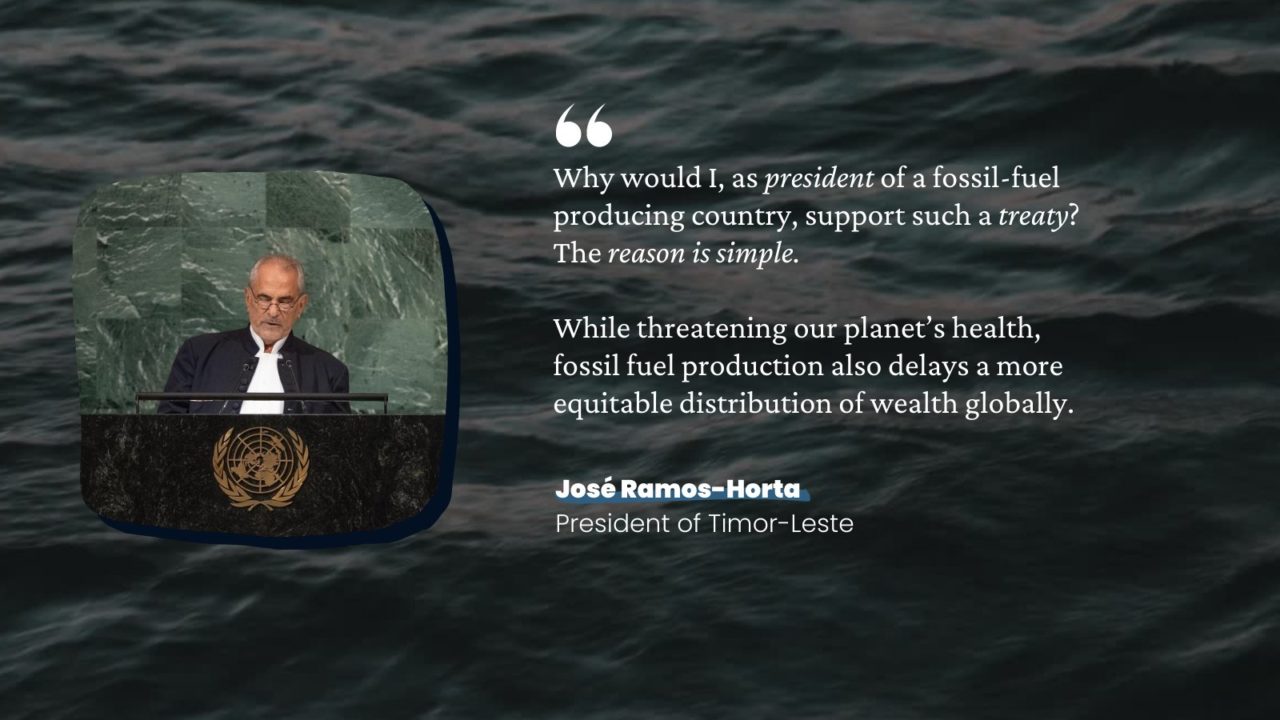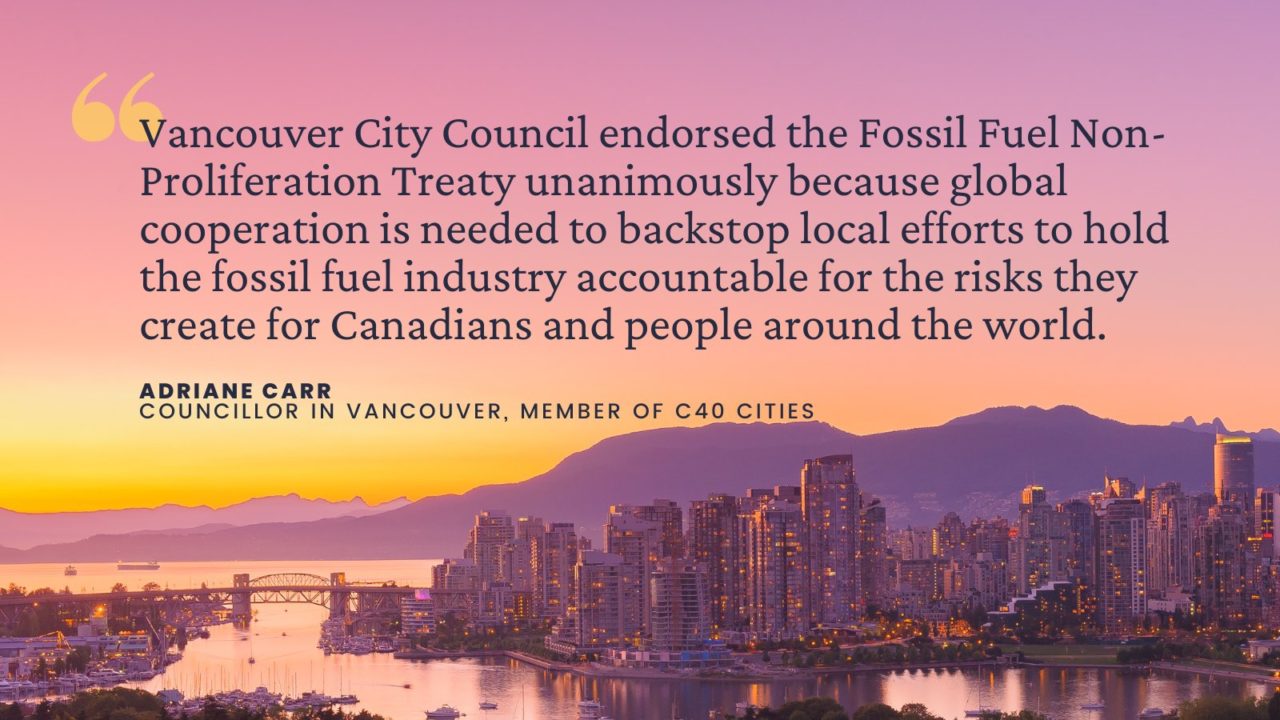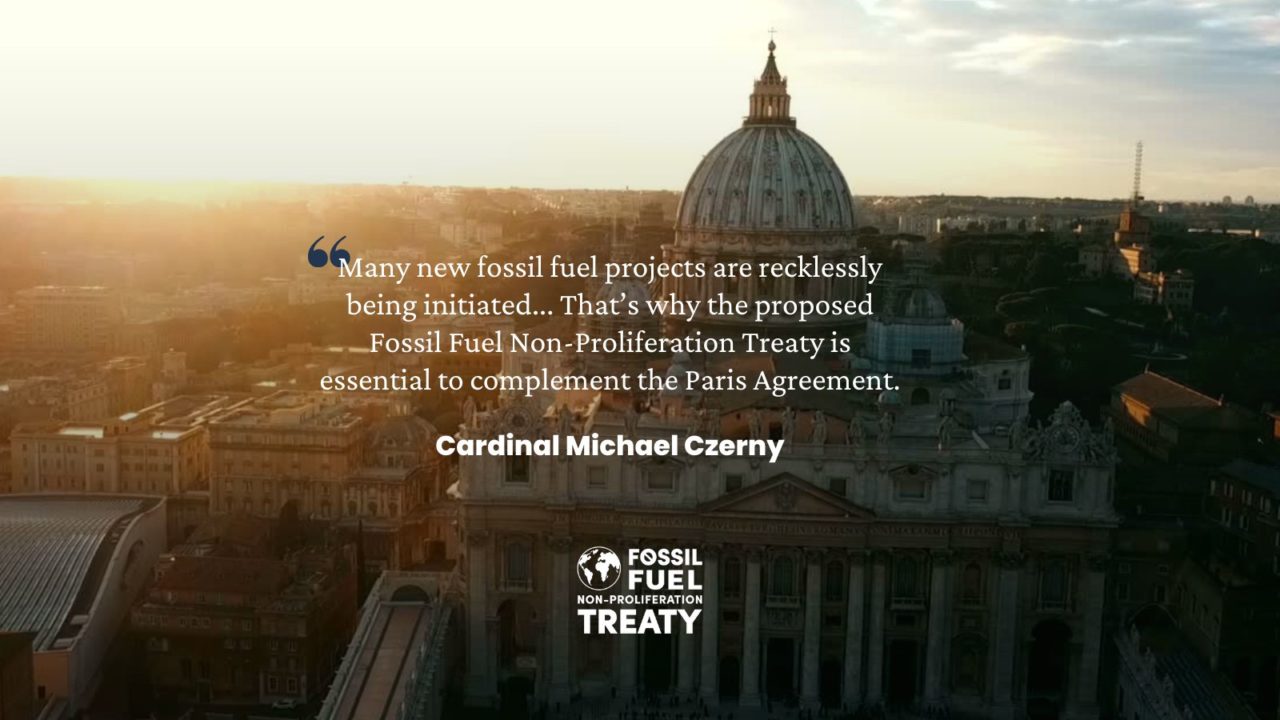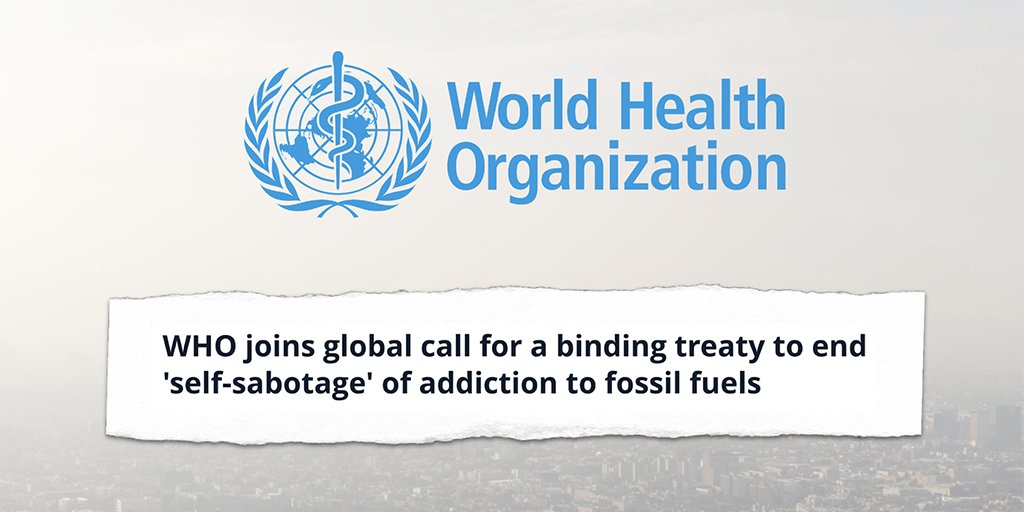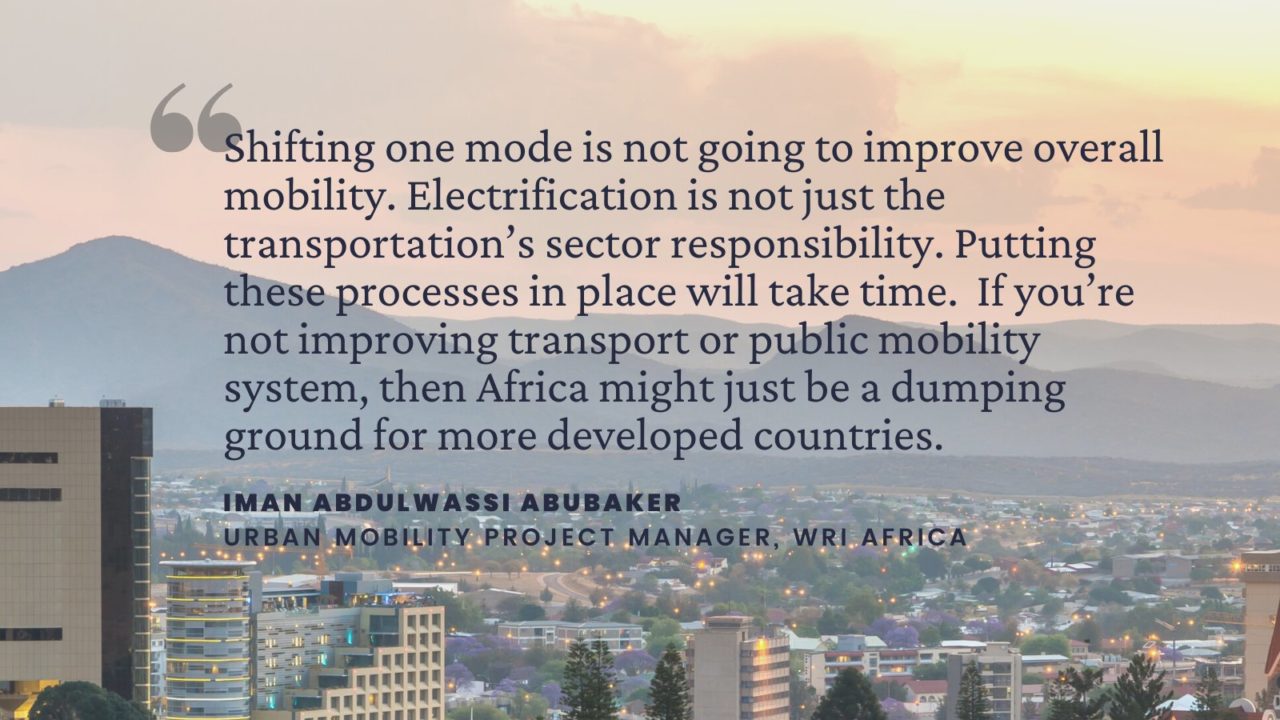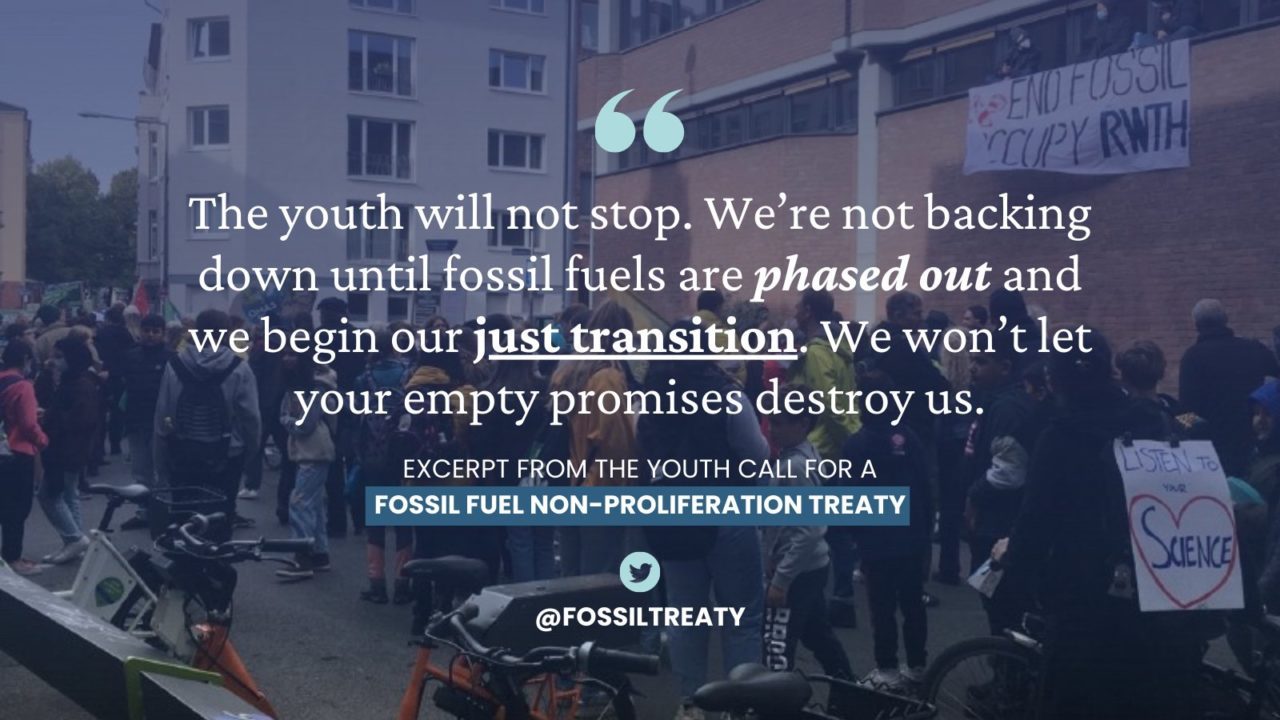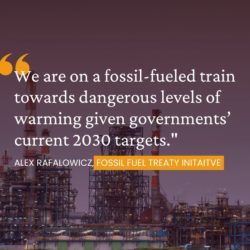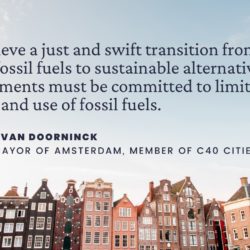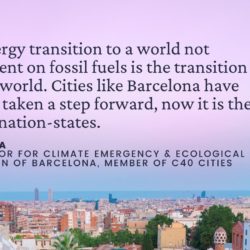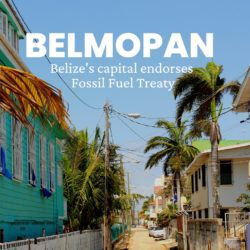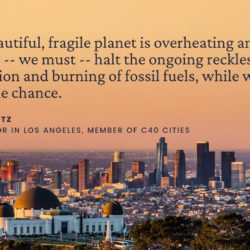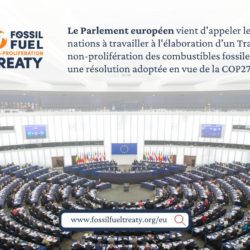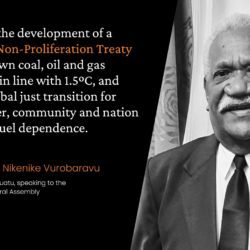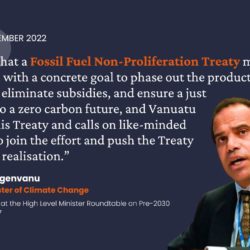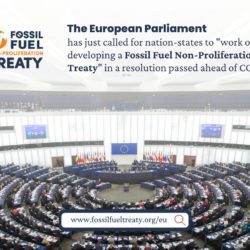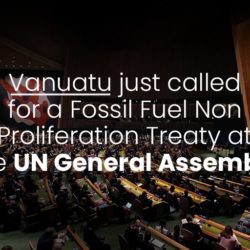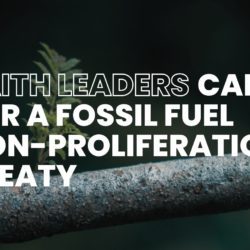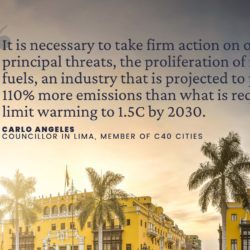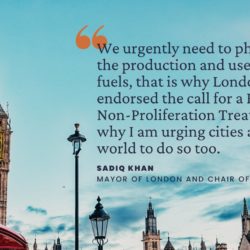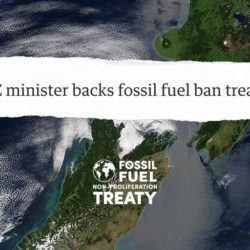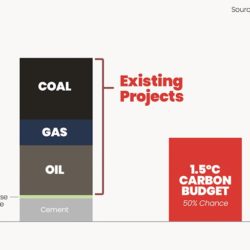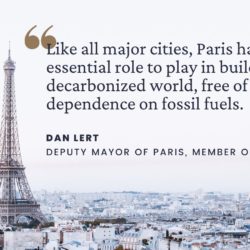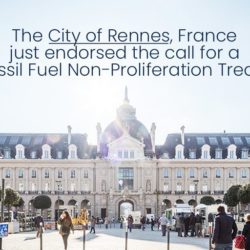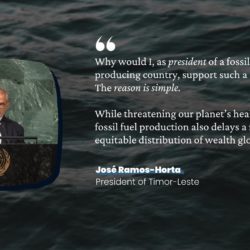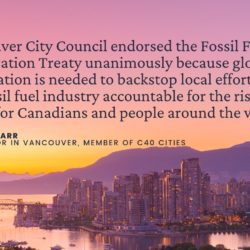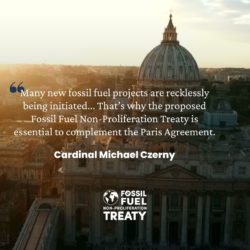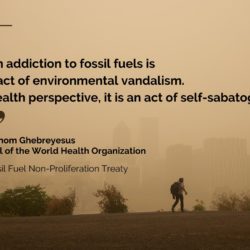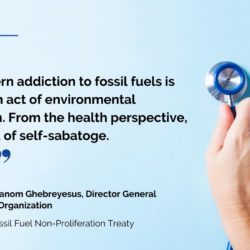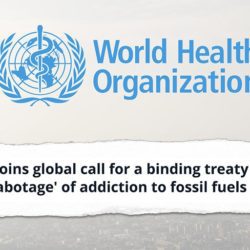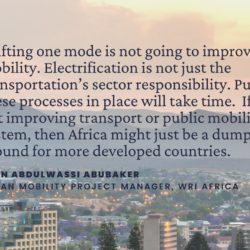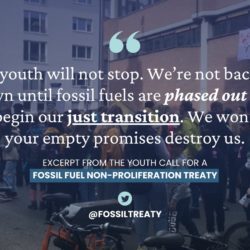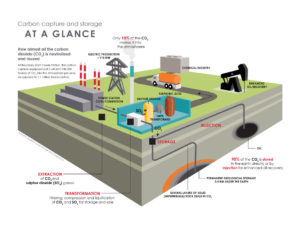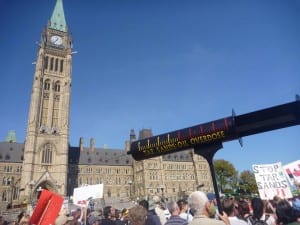Update October 20, 2022: outlining its demands for COP27, the European Parliament called on nation-states to “work on developing a Fossil Fuel Non-Proliferation Treaty”, a proposed international mechanism that would complement the Paris Agreement by enabling an equitable phase-out of oil, gas, and coal production, responsible for more than 80% of global emissions in the last decade. The resolution reinforces the growing diplomatic support for a new international mechanism, less than a month after the World Health Organization urged governments to endorse a Fossil Fuel Non-Proliferation Treaty and Vanuatu became the first nation-state to call for Treaty at the UN General Assembly, a pivotal step for the ideal which was immediately followed by public displays of support from the Government of New Zealand and the President of Timor-Leste. COP 27 Update: On November 8 Tuvalu became the second nation-state to call for the Treaty. If one takes into consideration all the parliamentarians, cities, faith denominations, and NGOs that have signed onto the Fossil Fuel Non-proliferation Treaty, 1.2o billion would be under it. Background Research shows more than 8 million deaths per year (almost 1 in 5 deaths globally) are attributable to fossil fuel pollution. On July 28, 2022, the United Nations General Assembly voted overwhelmingly that a clean, healthy, and sustainable environment is a human right. According to the latest Intergovernmental Panel on Climate Change (IPCC) reports, coal, oil, and gas are responsible for 86% of all carbon dioxide emissions in the past decade. Phasing out fossil fuel production, and fast-tracking progress towards safer and more cost-effective alternatives will require unprecedented international cooperation in three main areas – non-proliferation, global disarmament, and a peaceful, just transition. Further expansion of fossil fuel production and consumption is an unconscionable and unaffordable, yet preventable threat. Just as fifty years ago the world successfully negotiated a treaty to defuse the threats posed by the uncontrolled spread of nuclear weapons, the world today needs a Fossil Fuel Non-Proliferation Treaty to address the threat posed by fossil fuels. To stop accumulating future climate damage, we need the community of nations to: This is why we support the call for a new Fossil Fuel Non-Proliferation Treaty, to accelerate action toward a better future. Here are the cities and sub-national governments that have called for the Fossil Fuel Non-Proliferation Treaty as of November, 20, 2022:Laser Talk: The Fossil Fuel Non-Proliferation Treaty Gaining Momentum in the Lead-Up to COP 27
Human activity is driving global heating and destabilizing the climate system. That dangerous anthropogenic interference with the climate is disrupting other vital natural systems, putting food systems and water security at risk, and generating unmanageable threats to economies, nation-states, and the biosphere.
Laser Talk: The Fossil Fuel Non-Proliferation Treaty Gains Momentum at COP 27
Home » CCL Canada News » Laser Talk: The Fossil Fuel Non-Proliferation Treaty Gains Momentum at COP 27
Laser Talk: The Fossil Fuel Non-Proliferation Treaty Gains Momentum at COP 27
Posted on November 20, 2022 in Laser Talk


